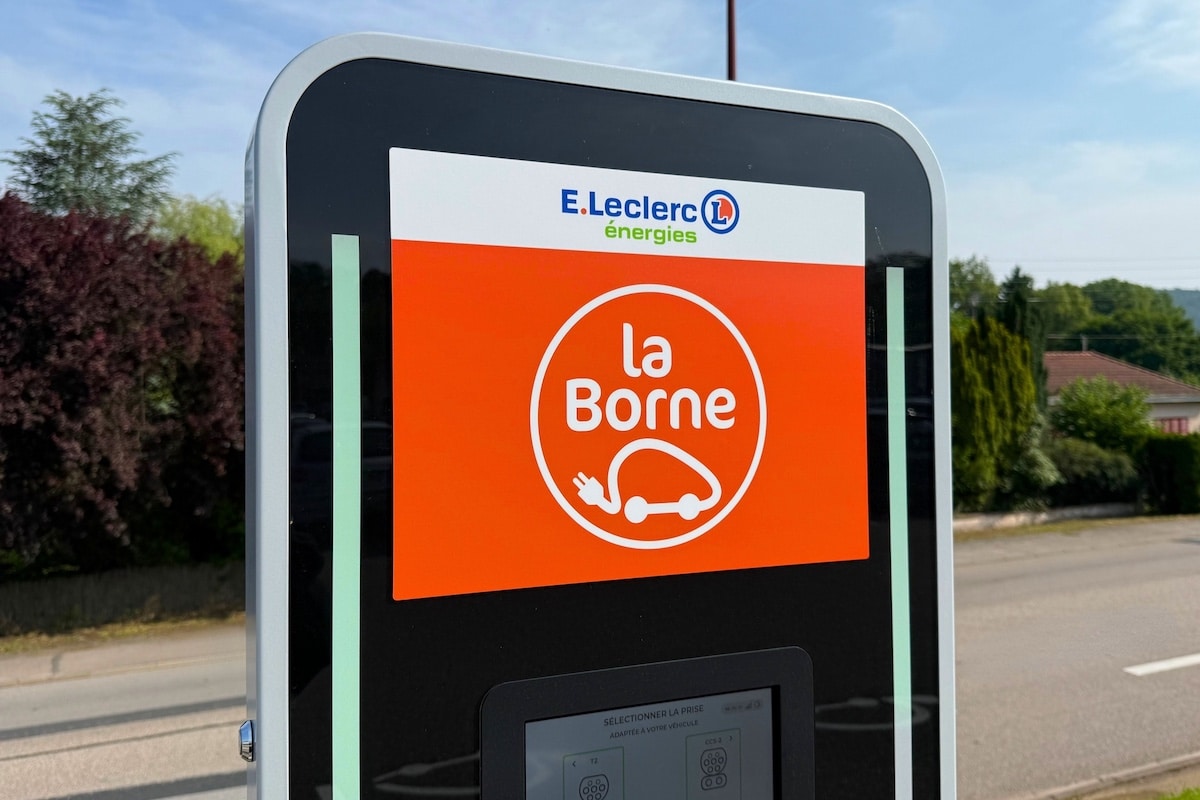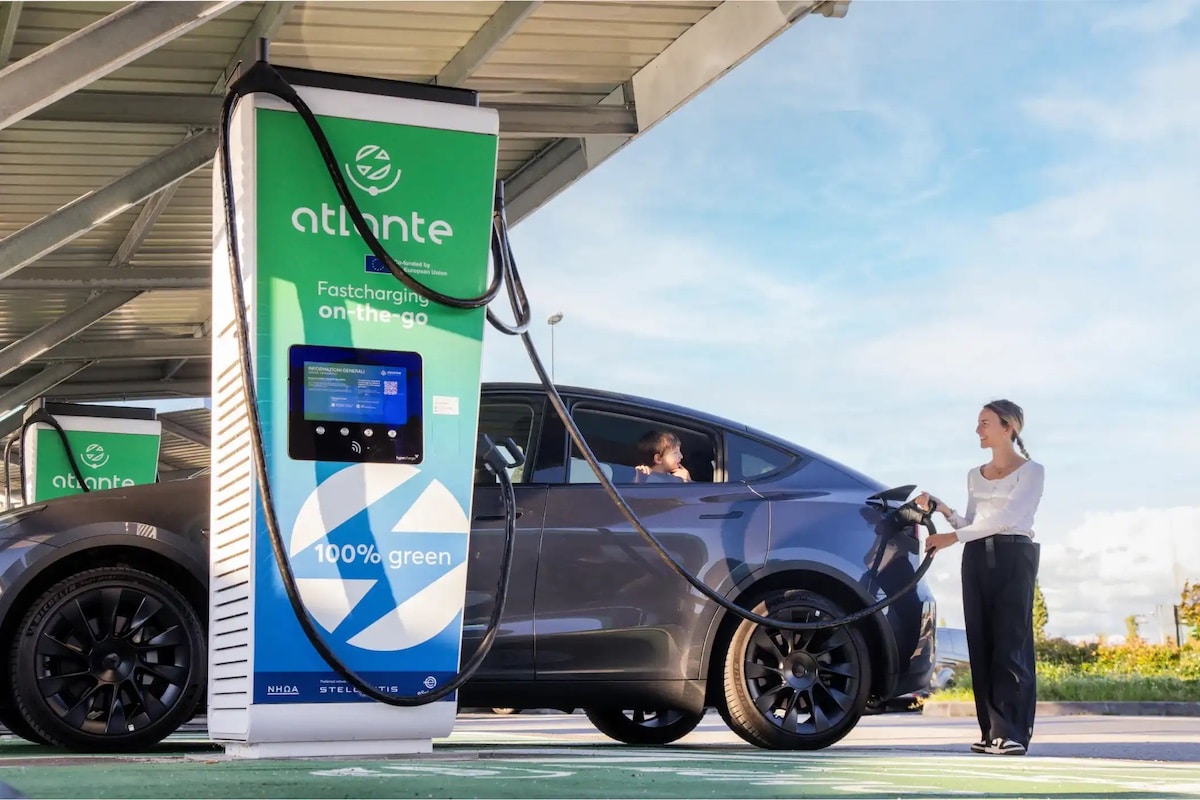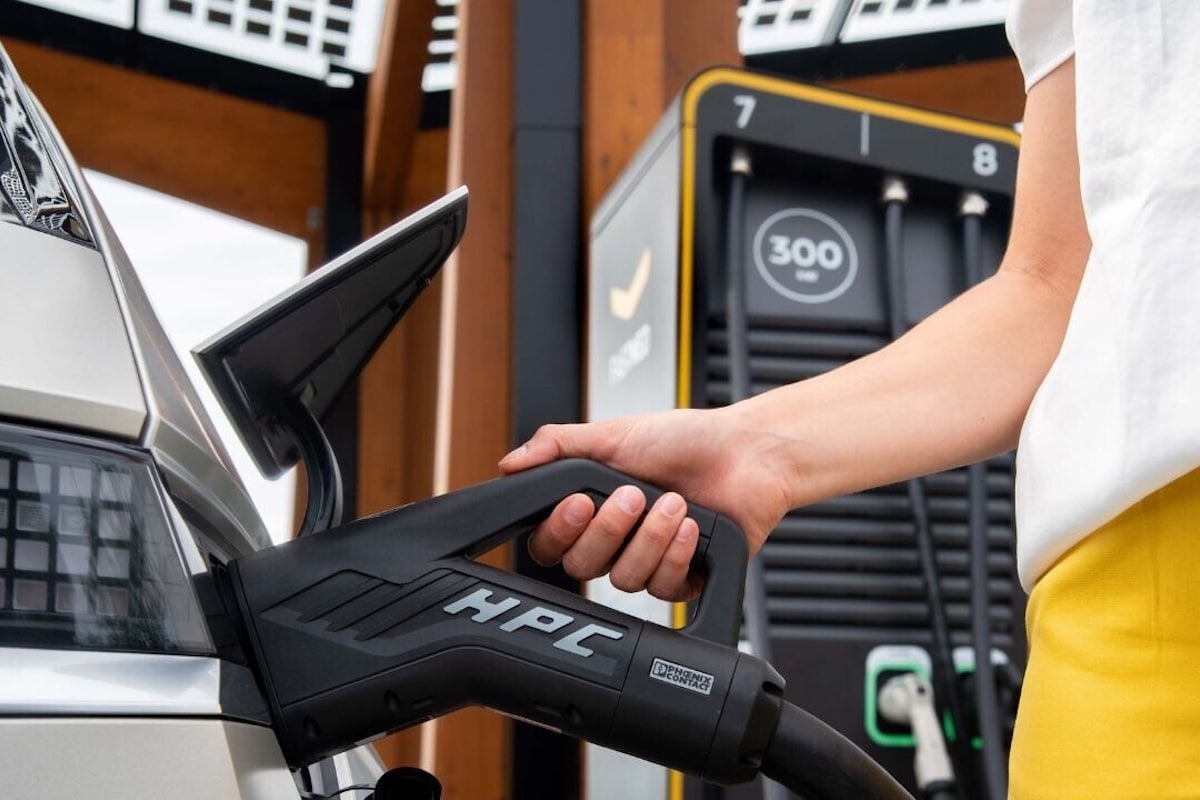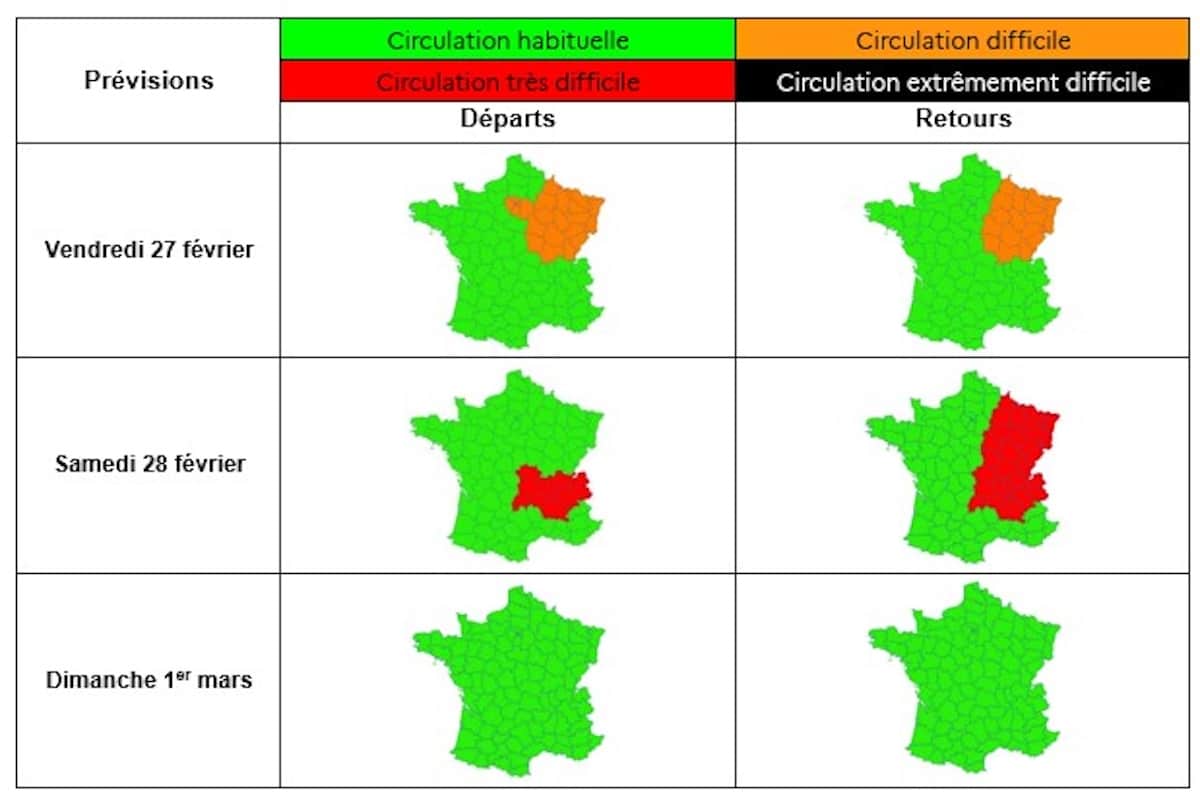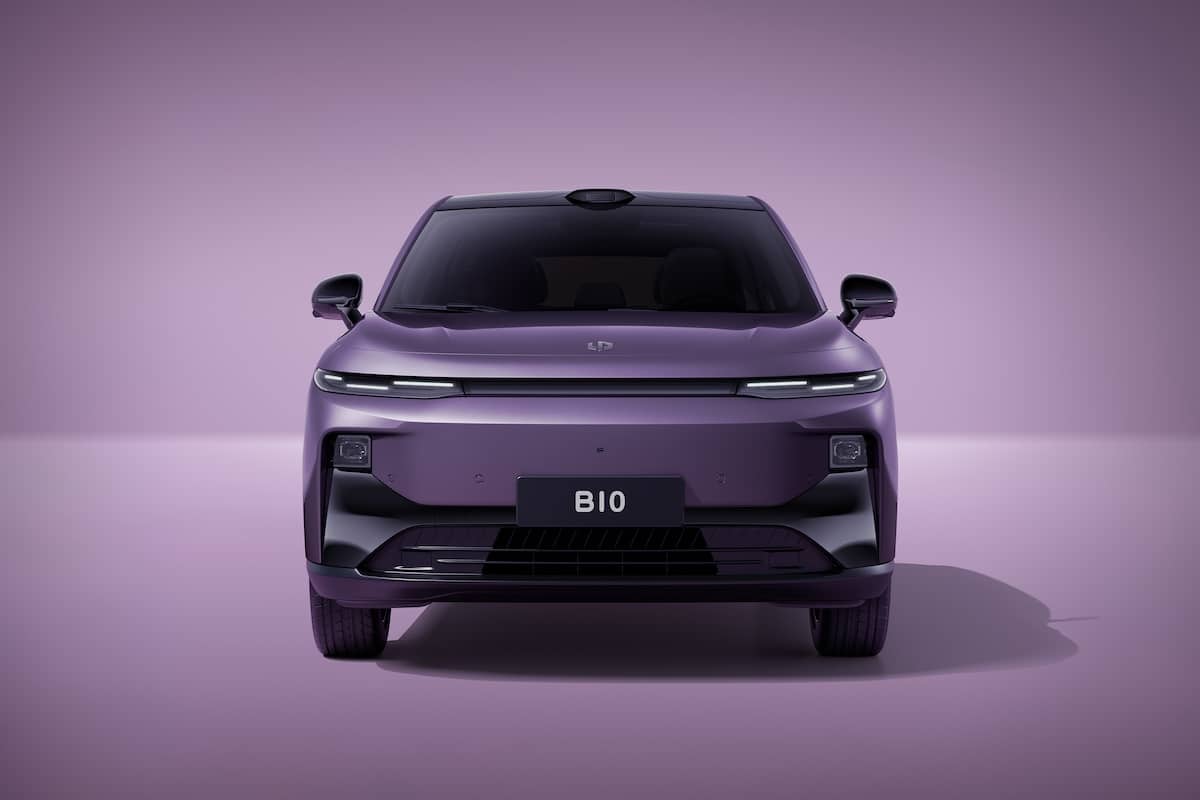20% VAT on electricity: Is the electrified car owner still being punished?

In 2025, the French government plans to increase the VAT on the subscription part of electricity, rising from 5.5% to 20%.
It is difficult to navigate the announcements from the French state during this period of near financial system failure. Economies must be made everywhere… while explaining that it will cost more. Thus, after loudly proclaiming in the media that the price of electricity had dropped by 15% on February 1, 2025… now the finance bill promises a VAT increase of 14.5%. A joke in bad taste?
This decision is accompanied by a possible increase in the excise on electricity (formerly TICFE), which could significantly affect the electricity bills of individuals and businesses. What is the excise? It is a tax applied on each megawatt-hour (MWh) of electricity consumed in France. It is part of the taxes and contributions collected on the electricity bills of households and businesses. But beyond households, this increase will also impact electric vehicle drivers, especially those who charge at home.
An increase in electricity taxation
Currently, the VAT on the electricity subscription is set at 5.5%, while consumption is already taxed at 20%. In 2025, the fixed part of the bill will therefore experience a significant increase, although this rise only represents a fraction of the total paid by consumers. However, the reform of electricity taxation does not stop there.
The government is also considering increasing the excise on electricity, which could rise from €21/MWh to €33.7/MWh. However, this tax is itself subject to a VAT of 20%, which will have a cascading effect on the final price.
What impact for electric vehicle owners?
Let’s take the example of an owner of a Tesla Model Y who drives 15,000 km a year. This car consumes an average of 17 kWh/100 km, resulting in an annual consumption of 2,550 kWh.
With an average rate of €0.20/kWh in 2024 (excluding subscription), the annual charging cost is about €510. The increase in the excise on electricity would add about €13/MWh, or an additional €33.15 per year to the charging bill (2.55 MWh x €13). When applying a VAT of 20%, this increase would rise to €39.78 per year.
The increase in the VAT on the subscription, for its part, will lead to an increase of about €22/year for an average household, also impacting electric vehicle owners charging at home. And we are not even mentioning the rest of the electricity bill for heating, lighting, appliances, etc.
An increase in costs that could slow electrification
This tax increase comes at a time when the government is looking to encourage the transition to electric mobility. However, this decision could deter some drivers, especially those who are still hesitant to switch to electric for cost reasons.
While the increase remains moderate for an average driver, it adds to uncertainties about electricity price trends and the end of certain government aids for electric vehicles. An evolution that could reignite the debate on the competitiveness of electric powertrains compared to thermal vehicles.
ALSO READ: Charging on the highway: a pricing scandal in which the state is complicit
This page is translated from the original post "TVA à 20% sur l’électricité : l’automobiliste électrifié encore puni ?" in French.
We also suggestthese articles:
Also read
